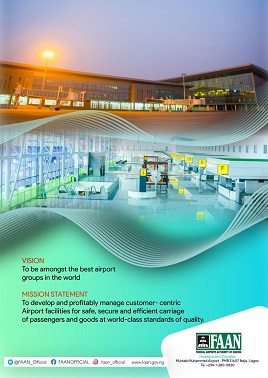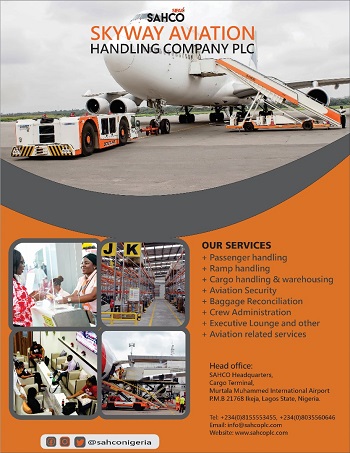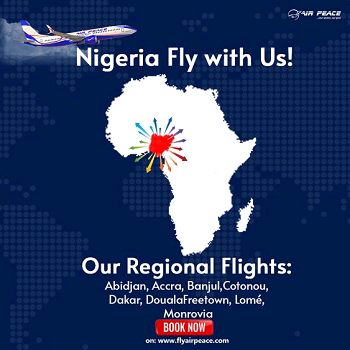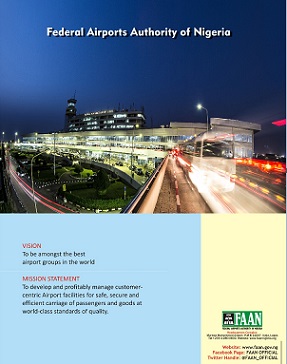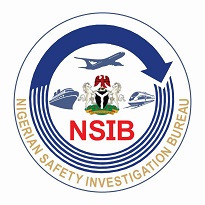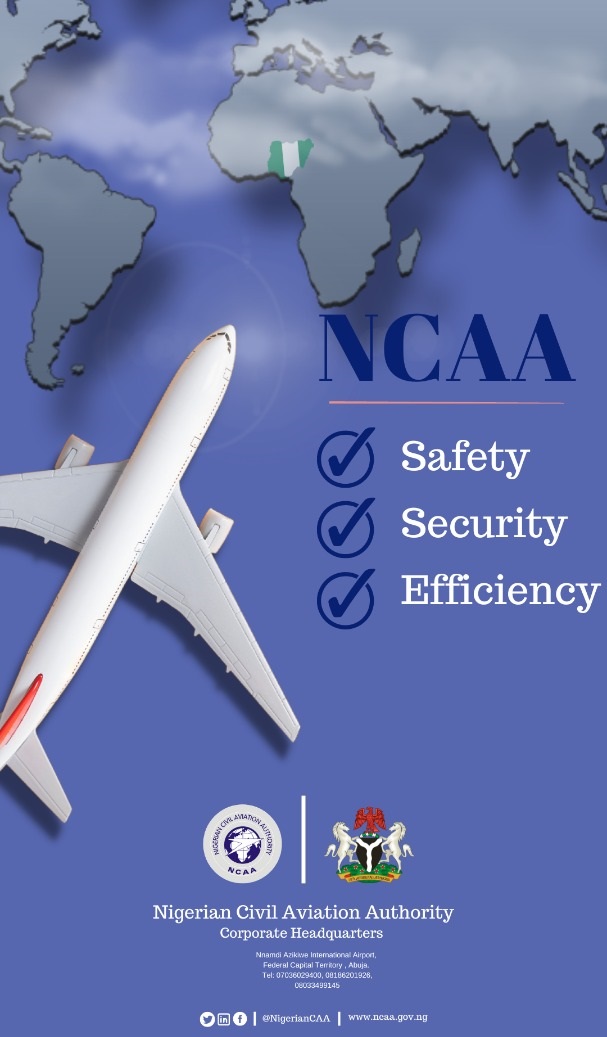
By John Ojikutu
After the demise of the Nigeria Airways, never has the call by Nigerians for a national carrier been given a serious attention by successive government than the desirous of the present government to establish one within the lifespan of its first term.
However, discerning minds among the stakeholders in the industry and others within the general travelling public would prefer that whatever the nomenclature that would be given to the planned carrier, be it national carrier or flag carrier, the government must not have a controlling ownership.
Government therefore, is very much aware of these wide ranges of views from the various interest groups. For most Nigerians, a national carrier is a flag carrier and a flag carrier is a national carrier. The general interest therefore in my view would prefer National Flag Carriers.
A National Flag Carrier that would operate outside the Nigerian territory must serve the interest of all Nigerians. Therefore all Nigerians must be stakeholders and shareholders in it. However, individual or private airline should not be given the status or designated as National Flag Carrier by government in so far, if they would operate on the Nigeria BASAs, Commercial Agreements and other Treaties which are Nigerians commonwealth.
Nigerian government must be desirous of establishing more than one National Flag Carrier and ensure that such airlines are strong and equipped enough to compete with the foreign airlines that are operating now into the country’s six international airports. The domestic airlines would and must also not be seen to be competing with the National Flag Carriers when established nor should the designated National Flag Carriers compete with themselves as they would with the foreign airlines on the intercontinental, continental and regional routes.
The domestic airlines and members of the public could buy into the planned National Flag Carrier and be parts of the ownership. Alternatively, the private airlines could merge and establish one of the two National Flag Carriers which must open partnership to other Nigerian public interest through the capital market. The aim should be to develop the two airlines to sufficiently be able to compete on the international routes in so far that no private airlines can individually compete with the foreign airlines the way they are structured and managed, especially as none of them is yet a member of the three international air transport commercial alliances which most of the international foreign airlines belong to.
Moreover, allowing 3 or 4 Individual privately owned Nigerian airlines to compete with foreign airlines on the international routes would not reflect the seriousness of the government to effectively manage and reciprocate the various BASAs and other Commercial Agreements or Treaties which are the commonwealth of all Nigerians. On the other hand, the benefits on BASA and the various Commercial Agreements to the Nigerian nation are not transparent or reflective in the earnings of the Private Airlines that are presently operating on the international routes.
Government policies must plan to do away with the structure of single ownership management for any of the planned National Flag Carriers, but could invite credible Nigeria investors, companies, interested Nigerians and the capital market into the planned National Flag Carriers. This is the only way Nigerians can grow the industry that can effectively compete with the foreign airlines on the Regional, Continental and Intercontinental routes.
The good news for the new National Flag Carrier when established is that IATA has recently reported a growth of 9% in air traffic for Africa; but the growth might not likely be major contribution from African Airlines but majorly the contributions of foreign European, Middle East, American and Asian airlines. However, according to AITA, specifically for Nigeria, the Air Transport contributes $8.2 or N2.5 trillion to the Nigeria GDP. This figure would mean that direct earnings from air tickets and cargo freight sales alone would be not less than 50 % (N1.25 trillion). This is a huge contrast to the N388 billion and N330 billion recorded and submitted by the airlines to the NCAA as the earnings on Ticket Sales for 2015 and 2016. The two National Flag Carrier airlines if eventually established would share a great portion of these market earnings in the Regional, Continental and Intercontinental with the foreign airlines.
To bring the plan for National Flag Carrier to fruition, the Nigerian government should plan to establish two National Flag Carriers; one with its main operational hub in Lagos and its secondary operational bases in Kano and Enugu. The other with its main operational hub in Abuja and its secondary bases in Port Harcourt and Kaduna. Each of these two planned National/Flag Carriers must have a minimum of 25 aircrafts in its fleets which may include the contribution from interested domestic airlines operators, foreign technical partners and other Nigerian interest through public offers.
The National Flag Carrier A call it Air Nigeria, with a minimum of 25 Aircrafts, could operate the Intercontinental BASA Routes to Europe the North and South American, Middle East and Asia ; while National Flag Carrier B or Eagle Airways with minimum of 25 aircrafts too could operate the Regional and Continental Africa. The individual private airline operators should operate only the domestic routes to domestic airports. Domestic Private Airlines should not be designated on the regional, continental and intercontinental routes. However, they could be distributors of outbound and inbound international passengers for the intercontinental, continental and regional National Flag Carrier to their primary hubs in Lagos and Abuja and also to their secondary operational bases in Kano Enugu, Port Harcourt and Kaduna.
Government policies must ensure that each of the National Flag Carriers builds its aircraft fleet to 50 within 5 years but must start with a minimum of 25 aircraft and increase by 5 aircrafts annually. The policy must further establish and enforce government directives that would ensure that government official travelling on government funds must travel on the National Flag Carriers. Finally, government through the Ministry of Aviation should review the Multiple Point of Entry given to many of the foreign airlines. The foreign airlines could have multiple frequencies to Lagos or Abuja, but none should fly to Lagos and Abuja; additional two entry points could be given to any airlines operating to any of these airports at alternative geographical region and with no restriction on the frequencies of its flights daily or weekly.


